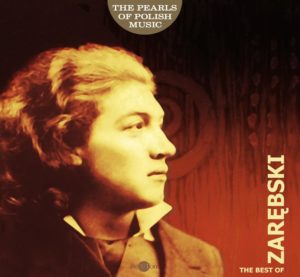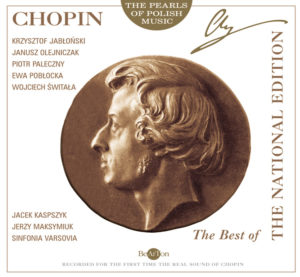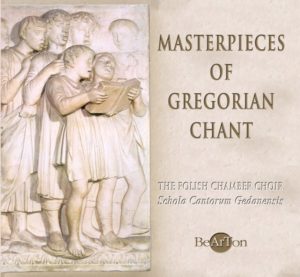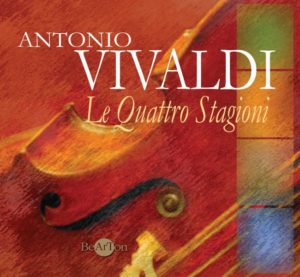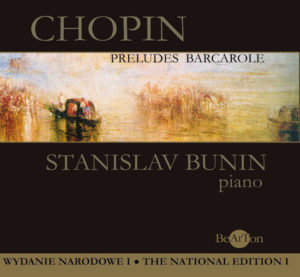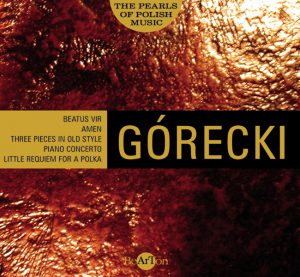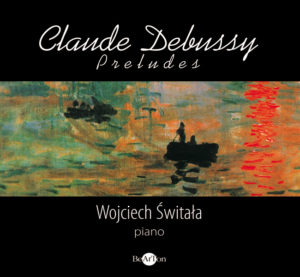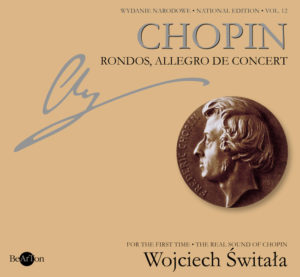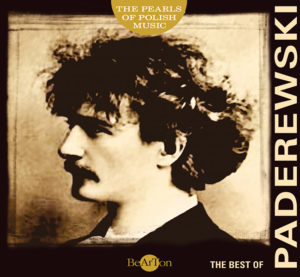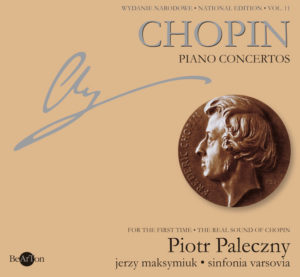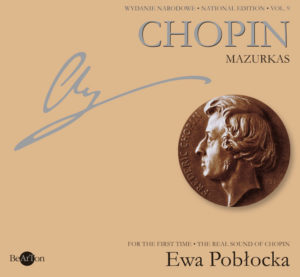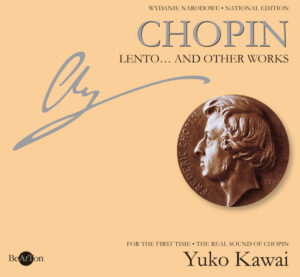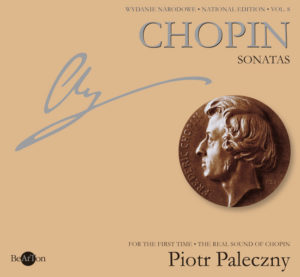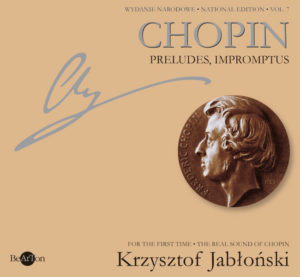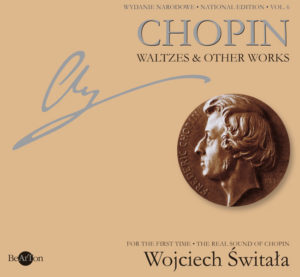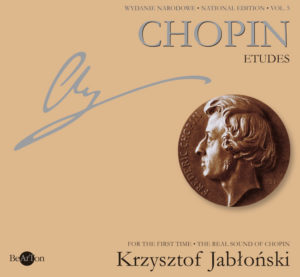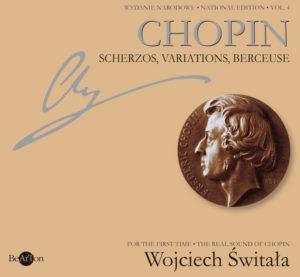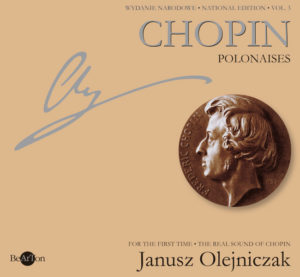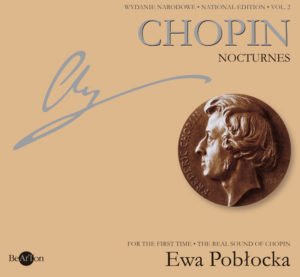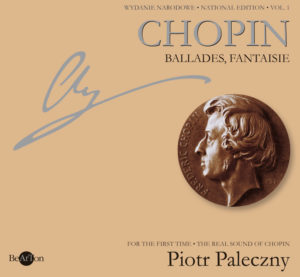Chopin – Etudes
Chopin – Etudes
Cat. no. CDB007 – 1944307
Music disc: CD-AUDIO
Performer:
Krzysztof Jabłoński – piano
CD content:
ETUDES op. 10:
1. Nr 1 in C major – 1’52”
2. Nr 2 in A minor – 1’28”
3. Nr 3 in E major – 3’40”
4. Nr 4 in C sharp minor – 1’59”
5. Nr 5 in G flat major – 1’37”
6. Nr 6 in E flat minor – 2’29”
7. Nr 7 in C major – 1’33”
8. Nr 8 in F major – 2’24”
9. Nr 9 in F minor – 2’14”
10. Nr 10 in A flat major – 2’06”
11. Nr 11 in E flat major – 2’25”
12. Nr 12 in C minor – 2’26”
ETUDES op. 25
13. Nr 1 in A flat major – 2’14”
14. Nr 2 in F minor – 1’22”
15. Nr 3 in F major – 1’55”
16. Nr 4 in A minor – 1’50”
17. Nr 5 in E minor – 2’57”
18. Nr 6 in G sharp minor – 2’02”
19. Nr 7 in C sharp minor – 4’58”
20. Nr 8 in D flat major – 1’16”
21. Nr 9 in G flat major – 0’59”
22. Nr 10 in B minor – 3’52”
23. Nr 11 in A minor – 3’34”
24. Nr 12 in C minor – 2’17”
THREE STUDIES MAETHODE DES MAETHODES
25. Nr 1 in F minor – 2’05”
26. Nr 2 in A flat major – 1’45”
27. Nr 3 in D flat major – 1’41”
Total time – 62’20”
Prizes:
Listen a part
42.99złAdd to basket
© ℗ 1998 Bearton
Etudes
This etude has left the impression of a miraculous phantom vision which we – half dreaming – longed to grasp again, wrote R Schumann about the Etude in A flat major. His opinion is adequate in relation not only to this one composition. Each of Chopin’s etudes displays obvious peculiar poetics and it is this poetics and not pianist technique, that is unequivocally associated with the form of an etude.
In 1829 in Warsaw Chopin heard Paganini’s concertos. They inspired him and made him refer to the form which aims at mastering a specific technical problem or a spectacle of performing skills. Similarly to etudes by composers of this days: Clementi, Cramer, Czerny, Hummel and others, Chopin’s two series Op. 10 and 25 (with three complementary works written for Méthode des Méthodes) include full array of training method of articulations and texture (thirds, sixth, octaves, chords, arpeggio, passage, chromatic, staccato and legato etudes, etc.). Elements of extremely difficult pianist technique are extraordinarily strong in the etudes. Aware of these difficulties, which are pianists` Rubicon up to this day, Chopin dedicated his etudes to F. Liszt, the virtuoso of that time.

Krzysztof Jabłoński
Though adhering to their practical aim, at the same time the etudes are the turning-point in the history of form. As it happens with each musical form that Chopin worked with, they gain new meaning and dimension. This is not only because of the means of expression unknown before, but also due to artistic ennoblement of this style. Virtuosity is not achieved at the most important values. On the contrary, colourful and rich means employed in the Etudes only serve these values. This unique dignity of virtuoso pianism from the beginning of the 19th century appears in Chopin Etudes in the most significant and ideal manner.
The narrowing this creative work to separate formula chosen in each composition did not lessen creative invention of the composer. J. S. Bach in his Das Wohltemperierte Klavier limited himself a different texture each time and in subsequent preludes construed with extreme precision yet another colouring. Chopin, fascinated with this series, achieved similar result. He created his Etudes in different style and using broad range of new means of pianist technique. Discipline, precision and logic of the least element of the construction are expressively grounded in the course of composition as a whole, as well as in its details. This is why the value of Chopin Etudes consists first of all in the sphere of expression. The more so that its scope is immense. Various shades of pathetic heroism, vital energy, passion, drama various shades of sorrow and nostalgia, fantasy and mysteriousness are expressed here. They make each etude a separate, unique composition, not only because of a technical formula employed, but also due to highly artistic, sublime expressiveness. One might call it the series of poems, written with the depth of personal experience.
To quote Alfred Einstein each etude is a work full of dramatic and passionate lyrical poetry.
Marek Wieroński
Translation Joanna Janecka
Review
Edycja kompaktowa, która powinna – obok Trylogii i Pana Tadeusza – znaleźć się w każdym polskim domu.



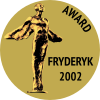


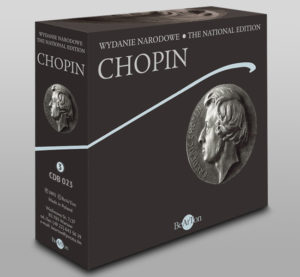
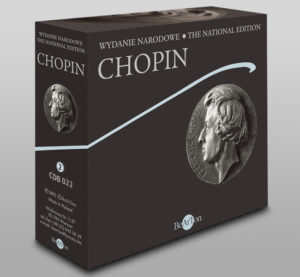
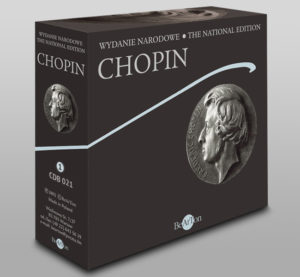
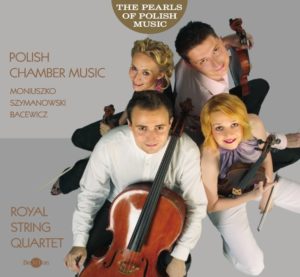
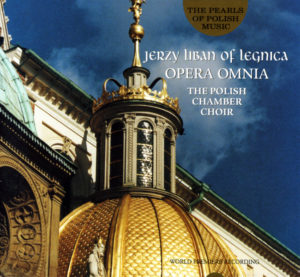
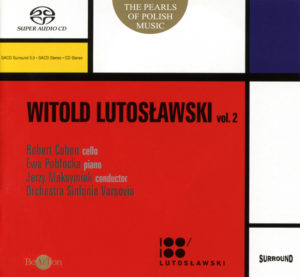
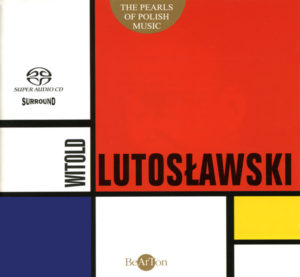
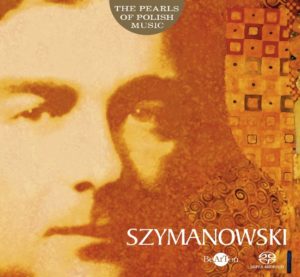
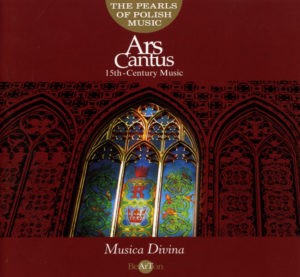
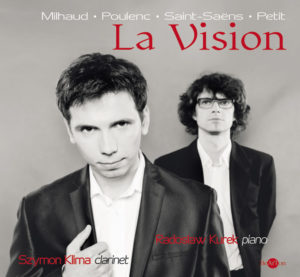
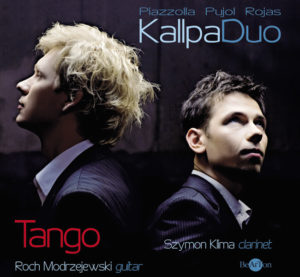
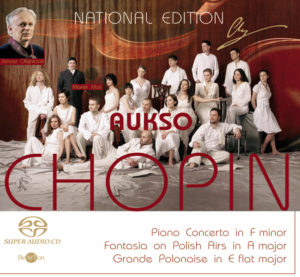
![Chopin – Walce [B] i inne utwory CDB047](https://www.bearton.pl/wp-content/uploads/Chopin-Walce-B-i-inne-utwory-CDB047-A-300x277.jpg)
![Chopin – Pieśni [B] CDB046](https://www.bearton.pl/wp-content/uploads/Chopin-Piesni-CDB046-A-300x277.jpg)
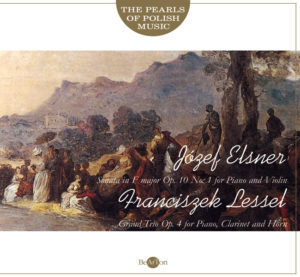

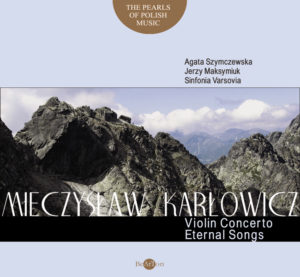
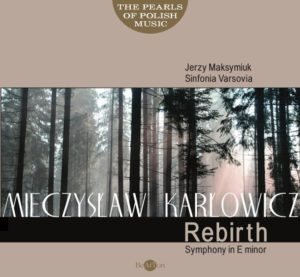
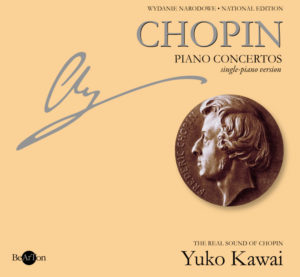
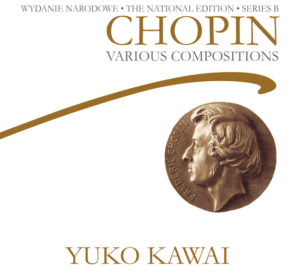
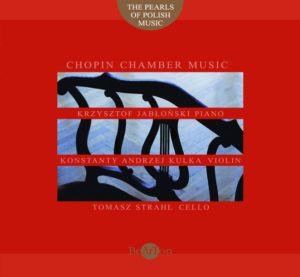
![Chopin - Mazurki i inne utwory [B] CDB038](https://www.bearton.pl/wp-content/uploads/Chopin-Mazurki-i-inne-utwory-B-CDB038-A-300x277.jpg)
![Chopin – Polonezy [B] CDB037](https://www.bearton.pl/wp-content/uploads/Chopin-Polonezy-B-CDB037-A-300x277.jpg)
